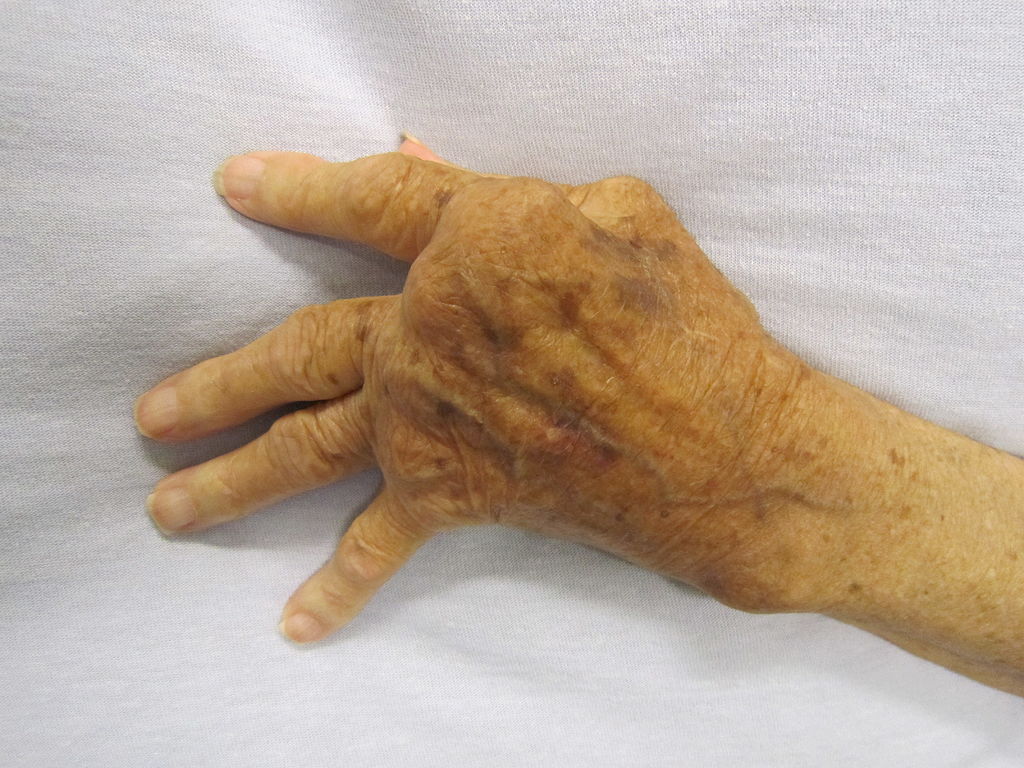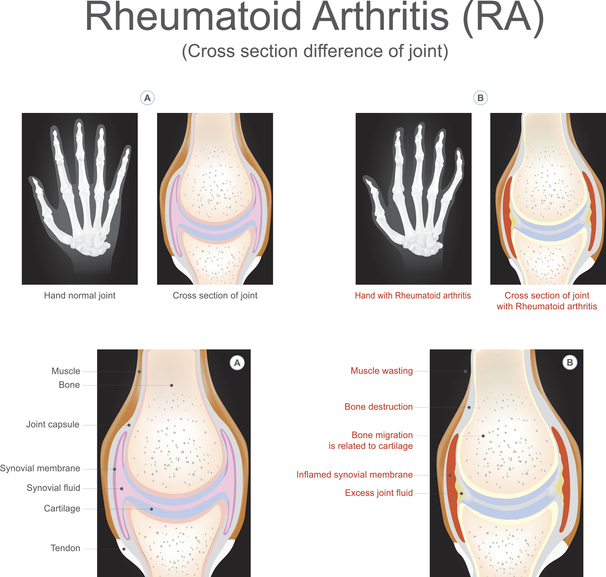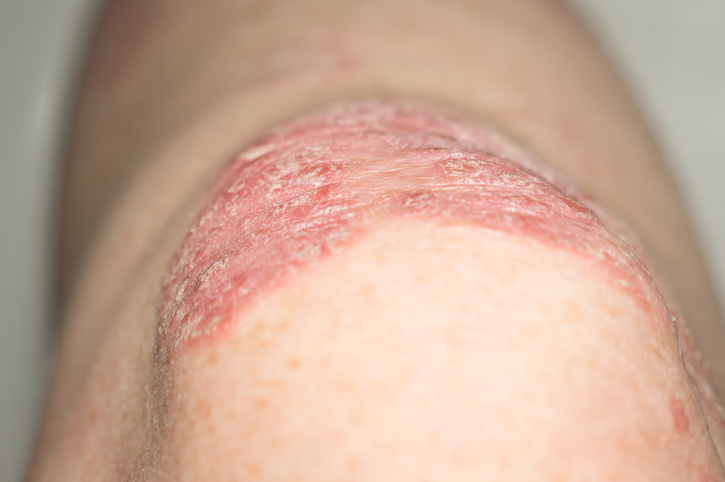Pain
Diagnosing Rheumatoid Arthritis (RA)

What is rheumatoid arthritis?
Rheumatoid arthritis, or RA, is a chronic, inflammatory autoimmune disorder in which the immune system mistakenly attacks the body's own tissues. Rheumatoid arthritis causes inflammation in the lining of the joints; eventually, this inflammation can lead to bone erosion and joint deformity. The condition can affect any joint in the body, including joints in the hands, elbows, feet, hips, jaw, knees, neck, shoulders and wrists. Rheumatoid arthritis presents in a symmetrical pattern; it develops in the same joints on both sides of the body, such as both shoulders or both knees. RA can affect more than the joints; it can also affect other body parts and systems including, but not limited to, the eyes, skin, heart, lungs or blood vessels.
Diagnosing rheumatoid arthritis
Diagnosing rheumatoid arthritis in the early stages is difficult. No single blood test can confirm the diagnosis; therefore, multiple tests are usually ordered during the diagnostic process. A health care professional will assess symptoms and obtain a medical history. Tests to assist in an RA diagnosis include the following:
Physical exam
A physical exam checks for redness, swelling, joint function, range of motion, warmth, tenderness, reflexes, and muscle strength.
Imaging tests
Imaging tests, such as an ultrasound, X-ray or MRI, show if damage has occurred and the severity of any damage. X-rays are also used to track the progression of RA in the joints.
Blood tests
- Rheumatoid factor (RF)
An RF test measures levels of a protein called rheumatoid factor; high levels of RF are associated with autoimmune diseases, including rheumatoid arthritis. - Anti-citrullinated protein antibody (anti-CCP)
An anti-CCP test is a more specific test for rheumatoid arthritis. This test looks for an antibody specifically associated with rheumatoid arthritis. - Antinuclear antibody
An antinuclear antibody test checks if the immune system is producing antibodies. Antibodies are produced by the body in response to many health conditions, including rheumatoid arthritis. - Erythrocyte sedimentation rate (ESR or sed rate)
An ESR test measures levels of inflammation in the body; however, it does not provide information as to the cause of the inflammation. - C-reactive protein (CRP)
A CRP test checks for inflammatory markers associated with rheumatoid arthritis. Inflammation can trigger the liver to make C-reactive protein, resulting in high levels of CRP in those with RA.


















